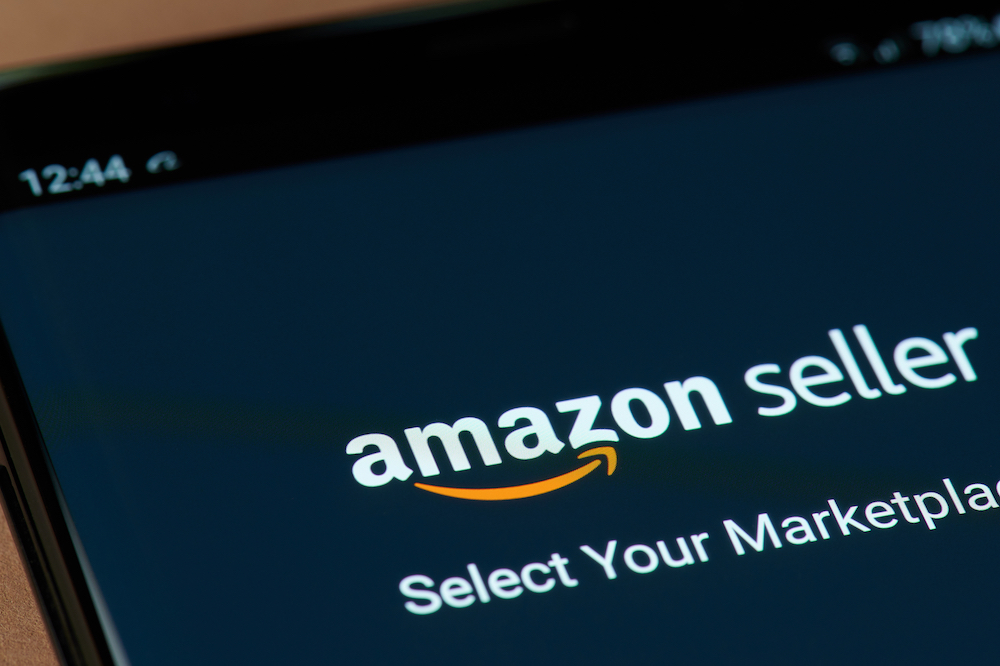These days, it’s very hard to balance the job, the kids, and the uncertainty of the current pandemic. For a lot of moms, having a home business like selling products on Amazon is getting more and more attractive. But of course, it’s not easy to take that first leap because it’s never easy to try something new.
As a work from home mom myself, let me tell you that all it takes to get started is to narrow down your options and find a low risk way of getting in. Once you get a feel of what it’s like to have an online business by selling on Amazon, you’ll feel more confident about it. Plus, you’ll get to enjoy having control of your own time. Imagine that!
Let’s help you narrow down those choices into the four most popular business models for selling on Amazon.
The 4 Most Popular Business Models for Selling on Amazon
It’s great to have choices but sometimes having too many choices can get confusing too. If you’ve just started your home business for selling products on Amazon, we wouldn’t be surprised if finding all the different ways you can sell on Amazon made your head spin.
To narrow things down for you, here are the top four most popular business models used by third party sellers on Amazon – retail arbitrage, online arbitrage, wholesale, and private label.
Is Retail Arbitrage a Good Fit for Your Home Business?
Retail arbitrage is a pretty simple business model that is usually the best choice for a first time online business owner like us. Basically, it calls for ‘flipping’ a product – for going to brick and mortar stores and buying something at a lower cost and then selling it for more on Amazon.
The pros of retail arbitrage is that it’s easy to get started and it’s relatively low risk. You can get started tomorrow! You can work with whatever capital you have on hand and just grow your money from there. There also a lot of price scanning apps available now that are easy to use – even for moms like us!
The cons of retail arbitrage is that it’s the most time-consuming out of the four business models. You might lose the advantage of being a work-from-home mom if you always have to pop by retail stores to find your products. You also need a team and enough space to use as storage, warehouse and prep area.
Is Online Arbitrage a Good Fit for Your Online Business?
Online arbitrage is pretty much the same as retail arbitrage except for one important difference – you look for your products online instead of physically going to stores and buying products there.
The pros with this business model is obvious. With online arbitrage, you won’t have to leave your house which means that you will be working from home in the truest sense. This is a much better way to go if one of your goals is to have an online business in the truest sense. You can work from home and still spend time with your family. You can use a virtual assistant to help you with sourcing and partner with a prep center to send your products to Amazon.
The cons of online arbitrage are that the products you see online may not match supposedly identical products on Amazon. Or products may arrive with damaged packaging as well. It’s a lot easier to get a bad deal or get cheated if everything is done online – including product inspection. You will also find that there are more competition in this business model since every other seller is also buying the same items online.
Is Wholesale a Good Fit for Your Home Business?
If you have a significant amount of capital that you can play with and you don’t like the idea of constantly sourcing day after day, you might like doing wholesale. Since buying wholesale usually requires MOQ or minimum required quantity when ordering, I recommend doing this when you have more experience selling on Amazon so you know for sure that you will be able to move those 500 units of one item.
The pros of this business model are that you are practically guaranteed a better, predictable supply of inventory. You don’t have to look constantly look for good deals at either retail or online stores. You can just plan when to restock and place the order when needed. You spend less time on sourcing. The cons of wholesale are that it profit margins could be slim depending on the product, and it requires a much larger capital which means that it’s also much riskier.
Is the Private Label Business Model Fit for Your Online Business?
For most moms, the private label business model might be the best fit if your main goal is to be less hands on and to have more free time for yourself and for your family.
Basically, what it means is that you will be selling products that already exist on Amazon but are branded under your own private label. Your job is to choose which products you want to sell as part of your brand. Once you’ve chosen, you’ll order from the supplier and they’ll make the product in bulk with your brand name on the packaging.
The suppliers will ship directly to Amazon and they will fulfill your order via Amazon FBA. The reason why private label isn’t on top of my list of business models for brand new business owners is that you will need a much bigger capital which also means bigger risk. You will also have to shell out more money to invest in advertising when launching a new product. Not only do you need more money to invest, but also time, since it will take more time to brand and marketing a brand new product. If you’re someone who’s trying to provide for the family in the middle of this pandemic, something high-risk might not be the best choice.
On the other hand, if your main goal is to have more control of your own profit margins and get time back to spend with your family, then private label might be the best choice for you
I recommend private label if you have a solid source of income and have some extra money to play with. Just like with other investments, the higher the risk, the higher the reward.
Selling your private label products through Amazon FBA pretty much takes care of everything and is the most passive business model, if you know what you’re doing! Just keep in mind that Amazon FBA does cost a pretty penny.
Conclusion
It can be nerve-wracking to start your own business, especially a work-from-home business. There will be a lot of challenges at first and a lot of new skills to learn, but the payoff is usually worth it. At worst it will be a learning experience and at best you can be the boss of your own company while also having the freedom to spend time with your family!
Here’s one final tip – don’t be afraid to mix and match the different business models to your need. Try a little bit of retail arbitrage and a little bit of online arbitrage when you’re getting started. And when you’ve got a good footing in the market, maybe you’ll feel like you’ll want to invest in wholesale or eventually do private label too!
The most important hurdle for any new home business owner is really just to get started. And there are many ways to make a living from home because of the internet. If you’re a beginner entrepreneur and you think Amazon business is too risky or complicated to be your first business venture, then read this blog post in which I recommend another business model.
P.S
If you want to know what helped me get started with my Amazon journey and hit six figures in my first year, click HERE.


